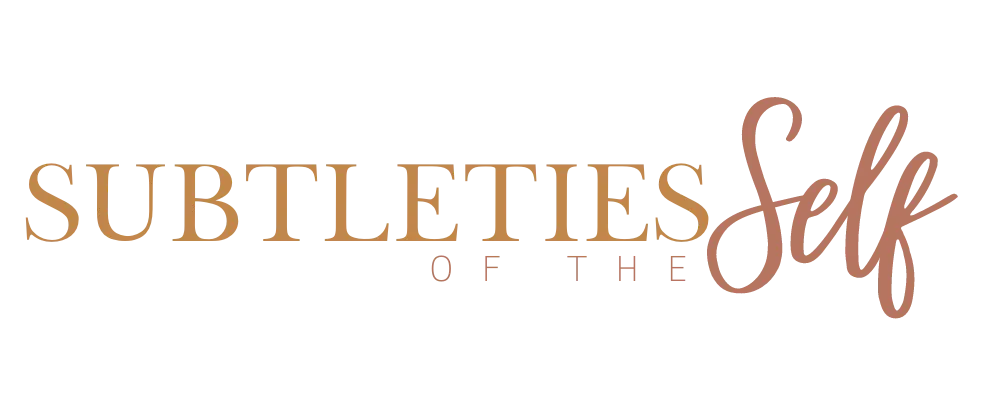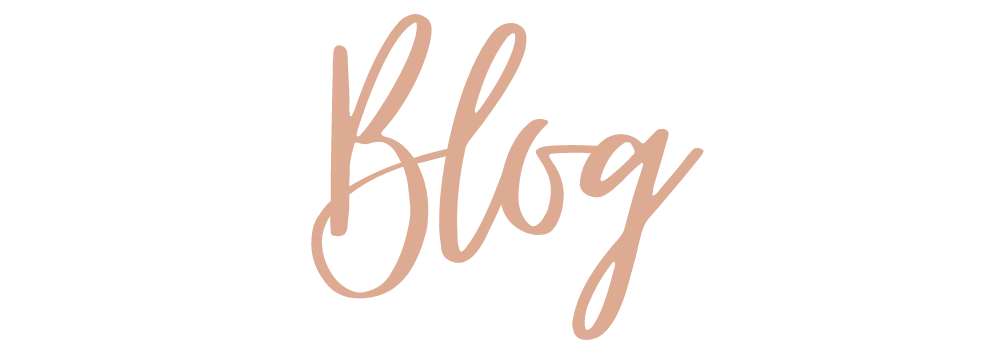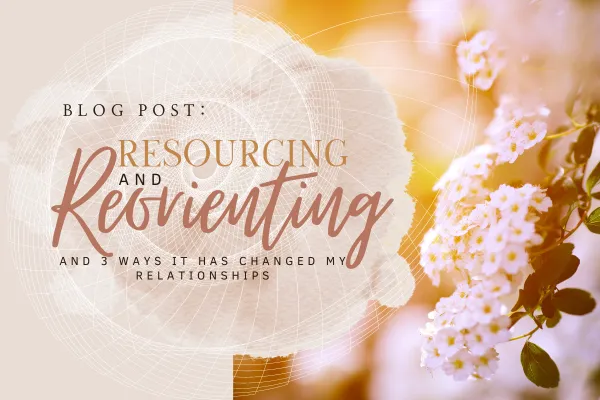




Resourcing, Reorienting, and 3 Ways It Has Changed My Relationships
Resourcing, Reorienting, and 3 Ways It's Changed My Relationships
It's no secret that I incorporate Polyvagal Theory into my work. Heck, I've taken Irene Lyon's SBSM course 4 years in a row and I built an entire movement method (Somævolve®) on the fusion of Polyvagal Theory, quantum energetics, and consciousness alchemy. I truly believe that nervous system work (whether intentional or passive) is a prerequisite for modern consciousness work because, one, the body is the subconscious mind, and two, it provides the foundations of safety and capacity-building to be able to hold the possibility of profound consciousness evolution. In other words, you have to get out of survival mode in order to repattern your subconsciousness and change your reality.
Two key concepts within the Polyvagal Theory framework are "resourcing" and "reorienting," which, when applied in a broader context, can lead to a paradigm shift with profound implications for personal growth and relational dynamics.
Resourcing involves the intentional activation of neural circuits that promote a sense of safety and connection, fostering an individual's capacity to engage with the world more effectively. It is a foundational aspect of self-regulation, emphasizing the importance of identifying and utilizing resources that help regulate emotional and physiological states.
On the other hand, reorienting refers to the ability to shift attention and awareness, allowing individuals to connect with their environment and other people. It is a vital mechanism for social engagement, enabling individuals to navigate relationships and interpret social cues accurately.
These two concepts have been paramount in my own journey of personal recovery, and I mean that in the most literal sense: the recovery of myself as no longer lost. But last year, I had a major breakthrough that took me to the next level of resourcing and reorienting.
Here is the paradigm shift: Re-Sourcing and Re-Orienting to God
Amidst the diverse approaches to resourcing and reorienting, a radical shift emerges when one considers the idea of re-sourcing and reorienting toward God as the ultimate source of provision, love, and goodness. This shift involves recognizing God as the primary anchor for emotional and spiritual well-being. It's like you begin working from the outside in, and then you get to a point in which that is no longer essential and is actually backward. So you have to shift from working from the inside out, which is what you thought you were doing all along, but you weren't and only just realized it. Is this why ancient texts and scriptures on consciousness work are so difficult to implement? Because the industrialized modern world has us in such a state of disconnect and chronic stress that we have to go backward to go forward?
For me, it was like the proverbial veil was ripped and I experienced a previously incomprehensible (and only ever intellectualized) moment of complete Oneness with God. Like, I have had experiences of God, but nothing like this before. For the first time, "it clicked." Faith clicked. Belief clicked. God clicked. And I knew I no longer needed to look anywhere in the external (the effects) for my "system nourishment." I was redirected right to the Source.
Re-oriented and re-sourced.
As a result, my relational dynamics radically transformed. Most notably, my relationships with my husband and with my parents. 3 specific things happened:
I put God at stage center. Putting God first in our lives means releasing the burden of placing others where only God should stand. This shift allows relationships to exist within their rightful place – as meaningful connections, but not as substitutes for the profound connection with the divine.
I relinquished unrealistic expectations. Acknowledging God as the ultimate source of provision challenges the unrealistic expectations we often place on others. Understanding that humans have limitations, and only God possesses the supernatural ability to meet every need, frees interpersonal relationships from the pressure to fulfill unrealistic needs.
I learned to allow others to BE. By re-sourcing and reorienting toward God, I gained the ability to appreciate others for who they are without constantly seeking something from them. This liberation from expectations fosters authentic connections, where individuals can be themselves without the weight of others trying to extract something from the relationship.
Polyvagal Theory's resourcing and reorienting concepts guide us through the complexities of human experience. Yet, the paradigm shift towards re-sourcing and reorienting to God transcends psychological theory, transforming relationships by placing the divine at the center. Prioritizing God as the ultimate source of provision, love, and goodness frees us from unrealistic expectations on others. This shift fosters authentic connections, unburdened by the pressures of extracting fulfillment from human interactions.
To liberation and a new era of relationships characterized by actual authenticity,
xo Dannica
P.S. >>Click here to check out my 1:1 session availability for Somafluent® sessions.

Resourcing, Reorienting, and 3 Ways It Has Changed My Relationships
Resourcing, Reorienting, and 3 Ways It's Changed My Relationships
It's no secret that I incorporate Polyvagal Theory into my work. Heck, I've taken Irene Lyon's SBSM course 4 years in a row and I built an entire movement method (Somævolve®) on the fusion of Polyvagal Theory, quantum energetics, and consciousness alchemy. I truly believe that nervous system work (whether intentional or passive) is a prerequisite for modern consciousness work because, one, the body is the subconscious mind, and two, it provides the foundations of safety and capacity-building to be able to hold the possibility of profound consciousness evolution. In other words, you have to get out of survival mode in order to repattern your subconsciousness and change your reality.
Two key concepts within the Polyvagal Theory framework are "resourcing" and "reorienting," which, when applied in a broader context, can lead to a paradigm shift with profound implications for personal growth and relational dynamics.
Resourcing involves the intentional activation of neural circuits that promote a sense of safety and connection, fostering an individual's capacity to engage with the world more effectively. It is a foundational aspect of self-regulation, emphasizing the importance of identifying and utilizing resources that help regulate emotional and physiological states.
On the other hand, reorienting refers to the ability to shift attention and awareness, allowing individuals to connect with their environment and other people. It is a vital mechanism for social engagement, enabling individuals to navigate relationships and interpret social cues accurately.
These two concepts have been paramount in my own journey of personal recovery, and I mean that in the most literal sense: the recovery of myself as no longer lost. But last year, I had a major breakthrough that took me to the next level of resourcing and reorienting.
Here is the paradigm shift: Re-Sourcing and Re-Orienting to God
Amidst the diverse approaches to resourcing and reorienting, a radical shift emerges when one considers the idea of re-sourcing and reorienting toward God as the ultimate source of provision, love, and goodness. This shift involves recognizing God as the primary anchor for emotional and spiritual well-being. It's like you begin working from the outside in, and then you get to a point in which that is no longer essential and is actually backward. So you have to shift from working from the inside out, which is what you thought you were doing all along, but you weren't and only just realized it. Is this why ancient texts and scriptures on consciousness work are so difficult to implement? Because the industrialized modern world has us in such a state of disconnect and chronic stress that we have to go backward to go forward?
For me, it was like the proverbial veil was ripped and I experienced a previously incomprehensible (and only ever intellectualized) moment of complete Oneness with God. Like, I have had experiences of God, but nothing like this before. For the first time, "it clicked." Faith clicked. Belief clicked. God clicked. And I knew I no longer needed to look anywhere in the external (the effects) for my "system nourishment." I was redirected right to the Source.
Re-oriented and re-sourced.
As a result, my relational dynamics radically transformed. Most notably, my relationships with my husband and with my parents. 3 specific things happened:
I put God at stage center. Putting God first in our lives means releasing the burden of placing others where only God should stand. This shift allows relationships to exist within their rightful place – as meaningful connections, but not as substitutes for the profound connection with the divine.
I relinquished unrealistic expectations. Acknowledging God as the ultimate source of provision challenges the unrealistic expectations we often place on others. Understanding that humans have limitations, and only God possesses the supernatural ability to meet every need, frees interpersonal relationships from the pressure to fulfill unrealistic needs.
I learned to allow others to BE. By re-sourcing and reorienting toward God, I gained the ability to appreciate others for who they are without constantly seeking something from them. This liberation from expectations fosters authentic connections, where individuals can be themselves without the weight of others trying to extract something from the relationship.
Polyvagal Theory's resourcing and reorienting concepts guide us through the complexities of human experience. Yet, the paradigm shift towards re-sourcing and reorienting to God transcends psychological theory, transforming relationships by placing the divine at the center. Prioritizing God as the ultimate source of provision, love, and goodness frees us from unrealistic expectations on others. This shift fosters authentic connections, unburdened by the pressures of extracting fulfillment from human interactions.
To liberation and a new era of relationships characterized by actual authenticity,
xo Dannica
P.S. >>Click here to check out my 1:1 session availability for Somafluent® sessions.
